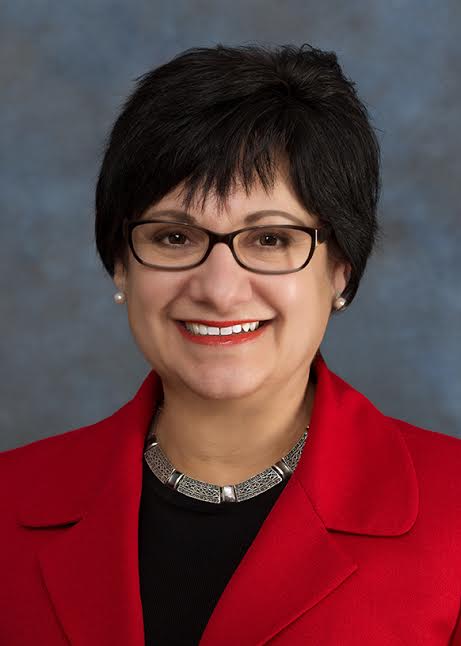
PROVIDENCE – Nonprofit HopeHealth, which partnered with University Medicine in July months after a recent expansion into Massachusetts, is aiming to stay ahead of decreasing reimbursement rates and offer its palliative and hospice services to patients whose families and networks cross state lines.
“Our strategy is to grow, but not for growth’s sake,” said Diana Franchitto, CEO and president of HopeHealth.
Franchitto said while all health care organizations are interested in growth, HopeHealth’s expansion in January into Massachusetts, in Boston, Provincetown and Martha’s Vineyard, was part of an effort to offer services to families it already serves in Rhode Island and southern Massachusetts whose members extend north into the Bay State.
Partnering with nonprofit University Medicine, Franchitto said, also allows HopeHealth to offer its services to the other’s patients – winning more reimbursements, which they need to compensate for diminishing reimbursement rates.
HopeHealth’s partnership with the nonprofit primary care and specialty outpatient medical group practice allows it to work with University Medicine’s 200 physicians at Rhode Island locations, including Rhode Island Hospital and The Miriam Hospital in Providence.
With less reimbursement for individual services, HopeHealth needs to provide those services to more patients to keep up with expenses, Franchitto said.
The expansion also puts HopeHealth in a better position to serve what is widely understood to be a coming surge in demand for palliative and hospice care as baby boomer populations continue aging.
“People are going to need access to hospice and palliative care for decades to come,” Franchitto said.
Rob Borkowski is a PBN contributing writer.












